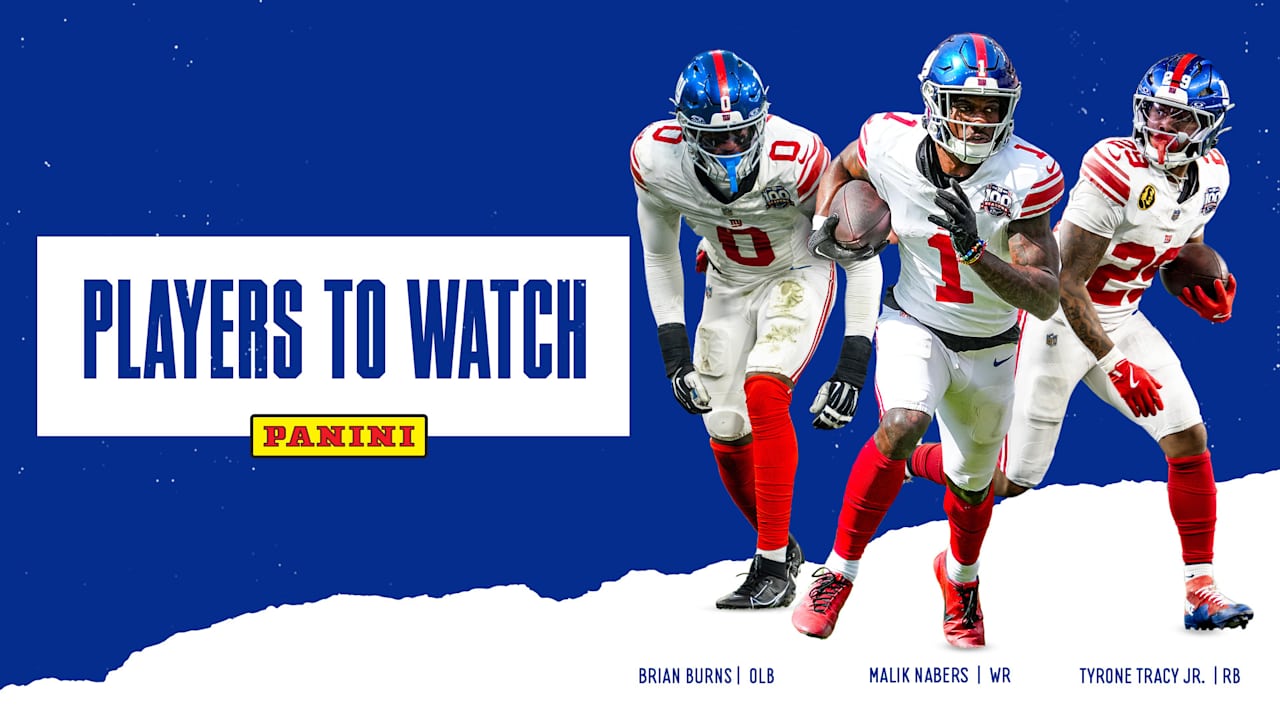Bussiness
MTA announces official start date for congestion pricing in New York City

NEW YORK (WABC) — New York City’s controversial congestion pricing plan officially has a start date.
MTA Chair and CEO Janno Lieber joined Eyewitness News on Friday to announce the plan will go into effect for New Yorkers early on Sunday, June 30, at 12:00:01 a.m.
“I am thrilled, it’s a beautiful spring day in New York, I’m surrounded by tourists and people who came to lower Manhattan, they took mass transit,” Leiber said. “Ninety percent-plus of the people come to the congestion zone, the central business district, walking, biking and most of all taking mass transit. We are a mass transit city and we are going to make it even better to be in New York.”
The $15 toll will be implemented for cars driving below 60th Street in the so-called Congestion Relief Zone during peak hours.
Lieber noted that as congestion pricing starts at midnight on the morning of June 30, the first users will only be charged the nighttime fare of $3.75. Drivers will not have to pay the $15 fee until 9 a.m. Sunday morning.
Officials say the toll will result in 100,000 fewer vehicles entering the Congestion Relief Zone every day, resulting in less traffic and cleaner air and revenue generated from the program will fund critical transit investments.
“Five years after the legislature made congestion pricing New York State law, and with 4,000 pages of analysis, hundreds of hearings and outreach meetings behind us, New Yorkers are ready for the benefits – less traffic, cleaner air, safer streets and better transit,” Lieber.
The final tolling structure is based on recommendations by the advisory panel:
Most passenger vehicles and passenger-type vehicles with commercial license plates would be charged a $15 toll during the peak period (5 a.m. to 9 p.m. on weekdays and 9 a.m. to 9 p.m. on weekends), and $3.75 overnight. Those vehicles would be charged only once a day.
Trucks and buses would be charged a $24 or $36 toll in the peak period, depending on their size and purpose. Overnight tolls would be $6 and $8. Motorcycles would be charged $7.50, no more than once per day
Passengers would be charged a toll of $1.25 per trip for taxis, green cabs, and for-hire vehicles, and $2.50 per trip for trips dispatched by high-volume for-hire services such as Uber and Lyft. There would be no nighttime discounts.
“July and August are the slowest times of the year for yellow cabs, as New Yorkers opt for walking and out-of-town vacations,” said New York Taxi Workers Alliance Executive Director Bhairavi Desai. “During some August weeks, Manhattan feels like a ghost town, leaving drivers to circle hours on end in a desperate search for fares. Even though there would be no good time for the MTA to add a third tax that’s going to decimate trips for already struggling cab drivers, starting during the dreaded summer slump is going to make it nearly impossible to survive. The Governor needs to intervene and intervene now, before the drowning, not after the damage is done.”
The MTA also on Friday unveiled a portal for those who want to learn more about eligibility for discounts or exemptions.
Exemptions include: a low-income discount plan, an individual disability exemption plan, an organizational disability exemption plan, emergency vehicles, buses and commuter vans and specialized government vehicles.
In addition, New York State will offer a tax credit for low-income drivers who live in the Congestion Relief Zone. More information about the tax credit will be issued by the NYS Department of Finance in the fall.
Opponents say the fees are a burden on workers and will increase the prices of staple goods that are driven to the city by truck. New York’s plan has drawn lawsuits from small-business owners and the state of New Jersey which demand more thorough environmental assessments before the plan moves forward.
“Not so fast. We are awaiting a court ruling as early as next month on whether the MTA’s unprecedented congestion pricing scheme can go forward, given the obvious deficiencies in the environmental review that was done here and the lack of mitigation provided for New Jersey’s environmental justice communities,” said Randy Mastro, outside counsel for Gov. Phil Murphy’s administration. “And that is only one of the many pending and anticipated lawsuits challenging this hugely flawed plan. So the jury is still out.”
ALSO READ | New York Congestion Pricing: What to Know
———-
* Get Eyewitness News Delivered
* Download the abc7NY app for breaking news alerts
Submit a tip or story idea to Eyewitness News
Have a breaking news tip or an idea for a story we should cover? Send it to Eyewitness News using the form below. If attaching a video or photo, terms of use apply.
Copyright © 2024 WABC-TV. All Rights Reserved.









